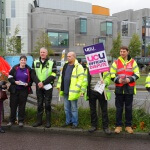
Pride: Marching in the Wrong Direction?
On June 28 1969, police raided the Stonewall Inn – the centre of a hidden gay community in the middle of New York. But this time the raid was different – this time people fought back shouting, “gay power,” marking the start of the Stonewall Riots. The riots went on for more than three days, and sparked the beginning of a nation-wide movement for LGBT rights. The following year, this was commemorated by the very first Pride march.
Over time, Pride and other LGBT movements have achieved huge advances on their primary focus of human rights. No longer in the US, the UK and many other mainly-Western countries, is it illegal to be gay or to have gay sex. Many countries have outlawed discrimination against LGBT people entirely, and in some, they can even marry.
The Pride march, which is – and has been for many years – the most visible and well known pro-LGBT event, was surely a key part of this. Pride made people see that they were not alone – it showed that the LGBT community really did exist, and it gave visibility to a social group who for too long had been ignored. Now, it has even inspired a film of the same name – one which we’d strongly recommend you watch this June called ‘Pride Month’.
Yet, there are still problems for the LGBT community, even in Western countries. These include a wide range of issues: from whether gay people can donate blood or adopt, to whether they can have access to assistive reproductive technologies, have sex reassignment surgery and hormone therapy; to whether laws relating to sexual orientation and military service should be upheld. In other parts of the world problems can be so deep-rooted that even to be gay is punishable by death.
So why are we talking about this now? On 11 June this year, Pride is coming to Canterbury. But for what purpose? As gay men ourselves, we don’t often see people at Pride marches carrying banners about blood donation or the availability of hormone therapy. Even if there is a small minority marching for these reasons, they are not visible, and certainly not the face of Pride itself. Indeed, what you are more likely to see are drag queens in leather outfits and people behaving in what would otherwise be seen as an outrageous, over-sexualised manner.
The Stonewall Inn, New York. Via: https://en.wikipedia.org/wiki/Stonewall_riots#/media/File:Stonewall_Inn_New_York_002.JPG
Over time, Pride has achieved its goals. For example, it can be argued that the UK has reached near legal equality for LGB people (not for transgender people to the same extent). Perhaps now it is most important for us to try and change not the law, but people’s attitudes and opinions. A conservative minded individual is not going to see Pride and all of a sudden become pro-gay. Rather, it will simply reinforce the stereotypes they hold and act as an inhibitor to progress. Pride is, we would argue, becoming more divisive than uniting in this respect, and is now just an excuse for people to behave extravagantly rather than to campaign on real political issues. Even among LGBT people, not everyone feels comfortable with Pride (some even feel pressured by or intimidated by it). It is an event which showcases sexuality and very little else, and has achieved in the last few years at least, very little measurable progress.
At the London 2015 Pride march, LGBT activists became even less inclusive when they banned UKIP LGBT activists from participating in the march. Even though most young LGBT are politically left-wing, are we not discriminating against a group based on their political views? This is almost ironic given the origins of Pride.
Gay pride isn’t about flaunting my sexual life. It’s about surviving petty acts of violence and harassment.
— Karla Gonzalez (@radburritos)
When Pride comes to Canterbury, by all means have a good time. But don’t reinforce an image which doesn’t fit many of us. We will change people’s opinions not by walking through the streets noisily and topless whilst drinking, but by being good to others and by integrating with the rest of society. We can’t expect conservative people to want to see (or to want their children to see) the over-sexualised imagery of Pride, which must seem to them to be more a celebration of deviance than anything else and, as an aside, we also can’t expect to segregate ourselves from society but still be accepted by it. Something which seems to be the thinking of recent supporters of LGBT-only accommodation at universities.
We should all aim to be who we truly are and play a constructive role in society. Being LGBT does not define who we are. There is so much more to each one of us than our sexuality alone. So at Pride and elsewhere, don’t let it define you, let it be a part of you. After all, Pride is not about sex and deviance, it is about love for one another and achieving equal rights for all.






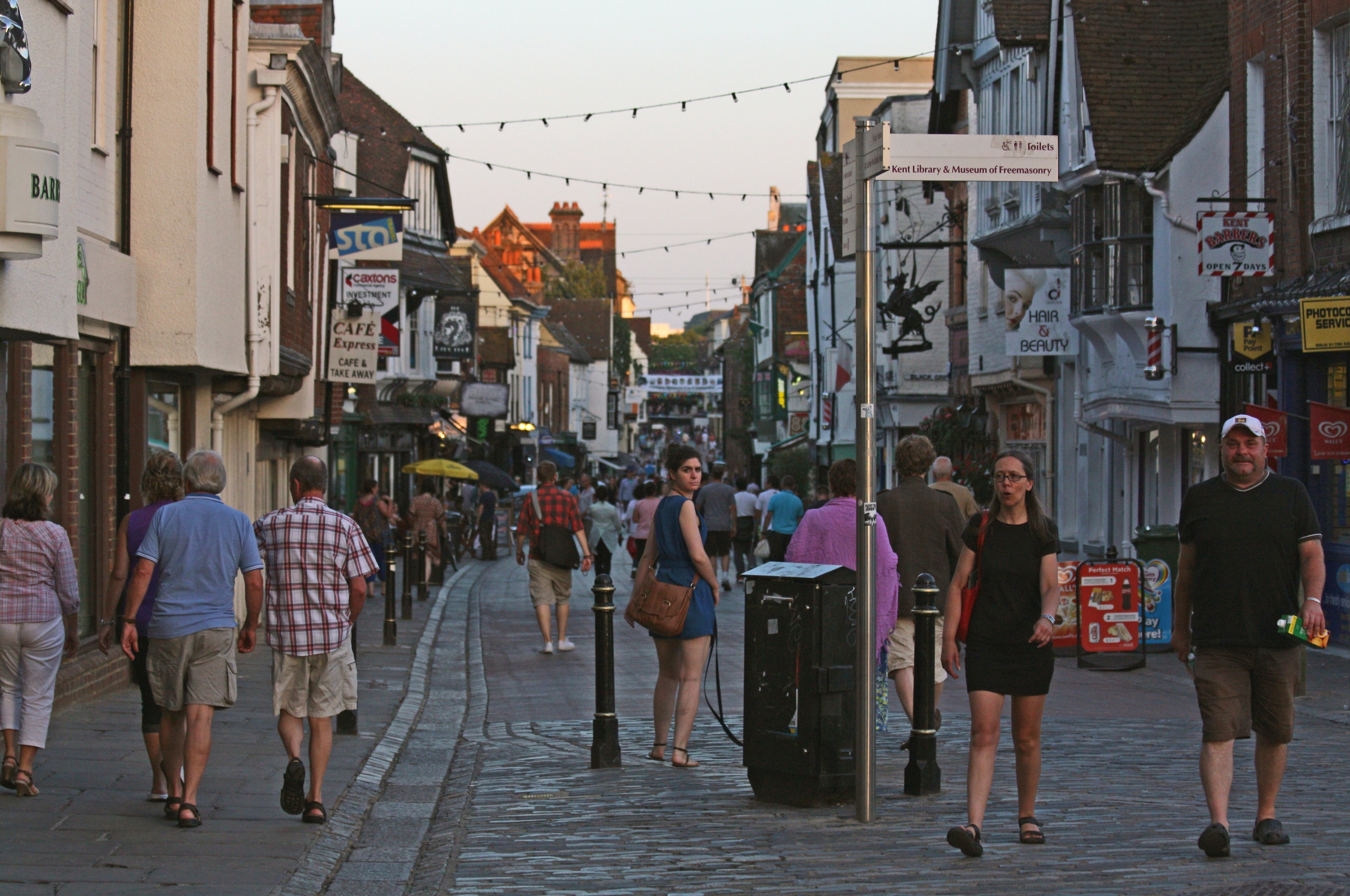

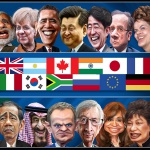













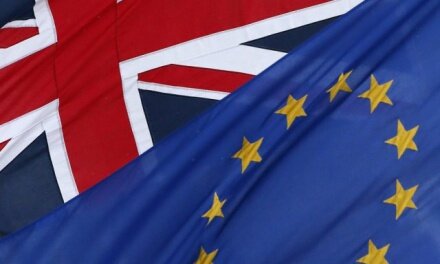
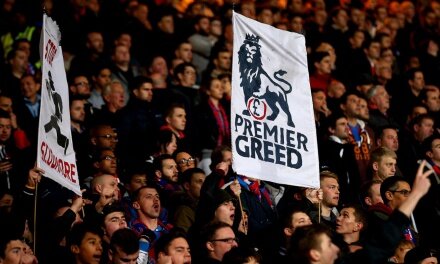
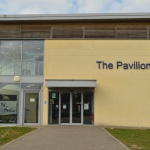
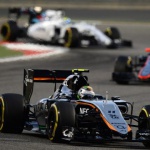




Discussions